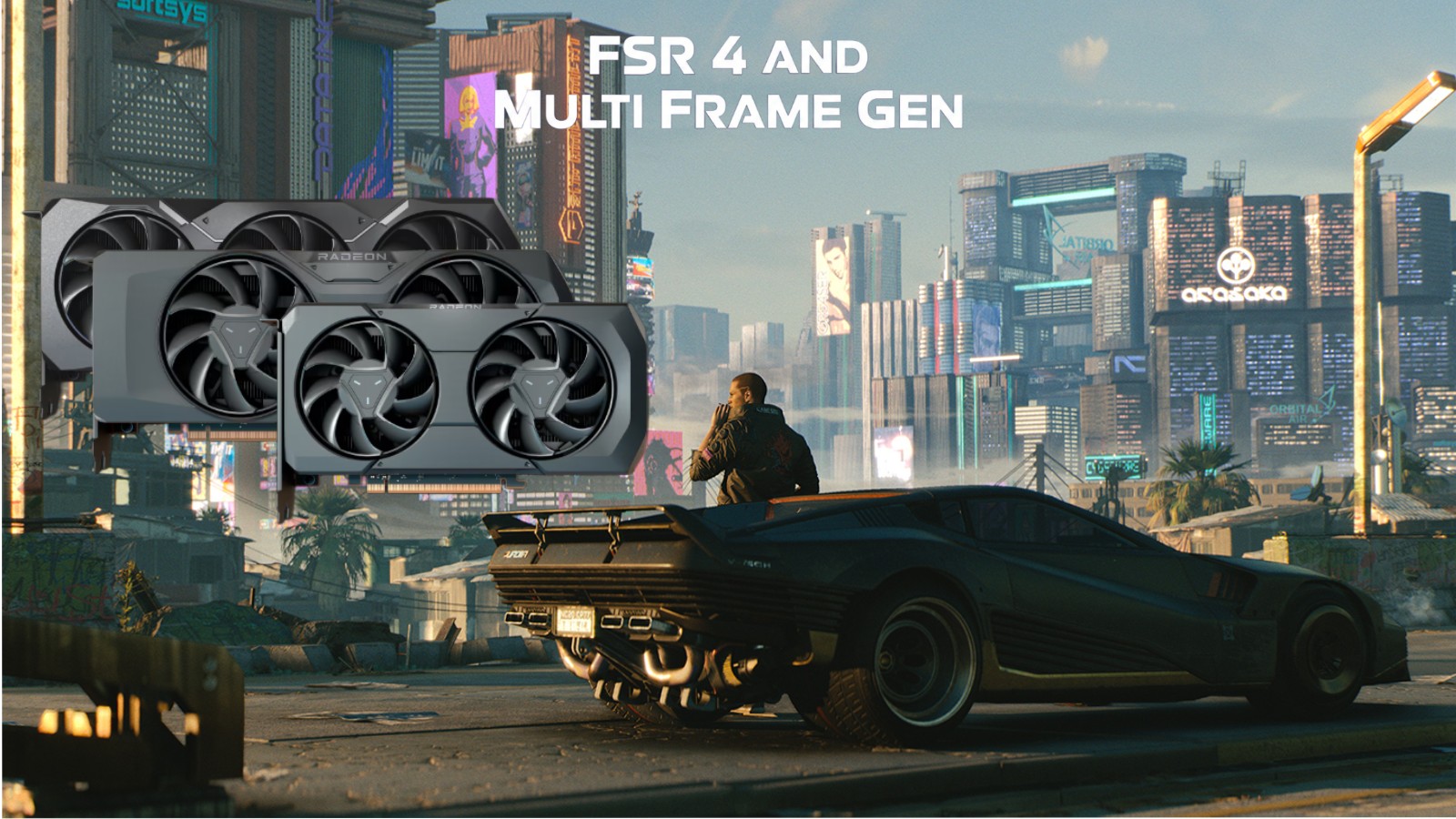The current generation of Nvidia graphics cards offers the best performance on the market. However, the GeForce RTX 40 series cards are still missing some important key features, including DisplayPort 2.1 and PCIe Gen 5 support.
According to a reliable source, the upcoming GeForce RTX 50 series from Nvidia will feature TSMC’s new 3nm manufacturing process. This should not come as a surprise, as the current Nvidia cards are using TSMC’s 5nm process node.
√
— kopite7kimi (@kopite7kimi) November 15, 2023
TSMC’s 3nm process node promises a performance lift of up to 15% and a decrease in overall power consumption by 30%.
The die size for the TSMC’s 3nm process node is also estimated to be 42% smaller compared to its predecessor. This should significantly reduce the die size compared to the current flagship graphics cards from Nvidia.
For reference, the GeForce RTX 3090 Ti (GA102), which is based on a Samsung 8nm process node, features one of the largest die sizes, measured at 628 mm². Compared to that, the GeForce RTX 4090 (AD102), based on TSMC’s 5nm process, didn’t see a noticeable reduction in die size, measured at 628 mm².
Furthermore, Nvidia is rumored to bring PCIe Gen 5 interface and DisplayPort 2.1 support to the GeForce RTX 50 series. However, it would be late to the game since its biggest competitor, AMD, already has compelling options in the existing Radeon RX 7000 series.
It’s also likely that the Nvidia RTX 50 series based on Blackwell architecture will feature the same 16-pin power connector from last-gen. While many might be against this decision, Nvidia will probably go with the revised 12v-2×6 16-pin connector to avoid the 12VHPWR meltdown disaster at launch.
Finally, a new GDDR7 memory is reportedly being considered for the upcoming RTX 50 series cards. With Nvidia supposedly delaying the release of the upcoming Blackwell-based cards to 2025, the usage of new GDDR7 memory seems quite likely.
Thank you! Please share your positive feedback. 🔋
How could we improve this post? Please Help us. 😔
[News Reporter]
Malik Usman is student of Computer Science focused on using his knowledge to produce detailed and informative articles covering the latest findings from the tech industry. His expertise allows him to cover subjects like processors, graphics cards, and more. In addition to the latest hardware, Malik can be found writing about the gaming industry from time to time. He is fond of games like God of War, and his work has been mentioned on websites like Whatculture, VG247, IGN, and Eurogamer.




